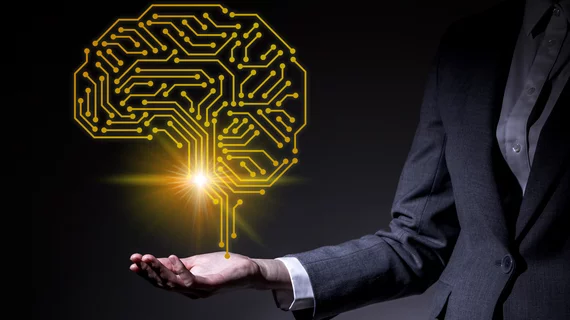Artificial intelligence may not upend radiology until 2030s, noted Google AI expert predicts
Despite industry promises, artificial intelligence may not transform radiology until the 2030s, two Stanford University AI experts predicted recently.
Andrew Ng—founder of Google Brain and an adjunct professor with the California school—said his research team typically trains algorithms in Stanford’s hospital. And they’ve proven the technology can match physicians at spotting several conditions on X-rays. Yet if someone were to take the same algorithm to a different hospital down the road, AI may not operate as effectively.
A different rad tech might tweak the imaging protocol, and the algorithm would perform poorly under these changed conditions, Ng explained.
“In contrast, any human radiologist can walk down the street to the other hospital and do just fine,” Ng said during a panel discussion hosted by the Stanford Institute for Human-Centered Artificial Intelligence on April 29, according to an article published Friday by Fast Company.
Ng believes major AI healthcare breakthroughs are still years in the future but does see the technology blossoming within the next decade. Not all of the necessary data have been digitized yet, including the human element of care, which isn’t often documented, added Fei-Fei Li, co-director of the AI institute.
“We need, for example, in radiology, a proven product or proven story that truly has not only helped diagnose patients but also made radiologists work better and collectively moved the needle,” Li said during the panel event. “We’re inching toward that watershed moment.”
Read the rest of Fast Company’s account of the event below.

